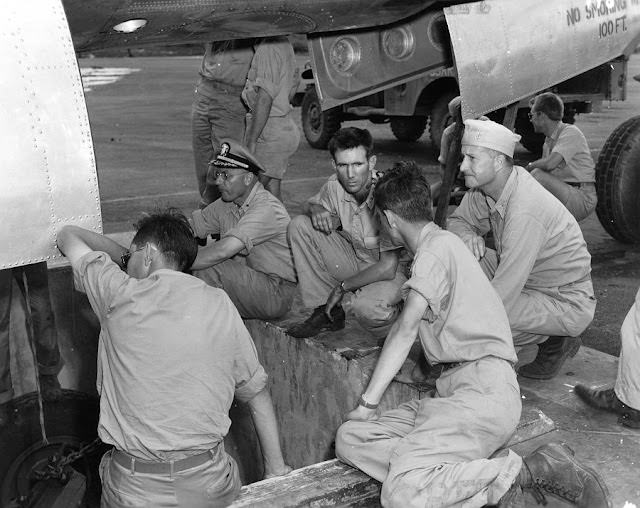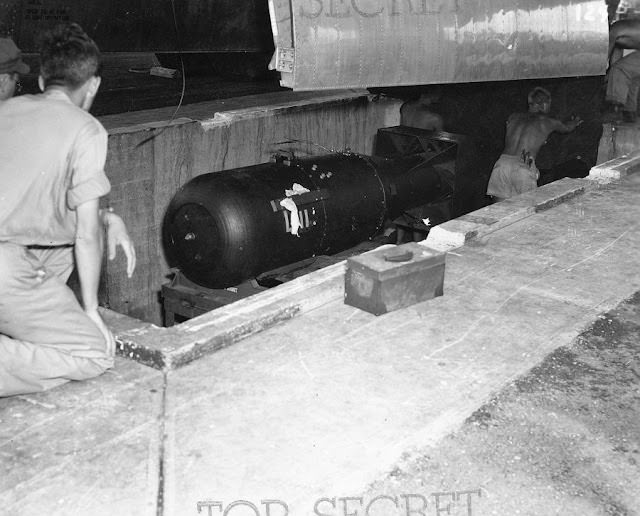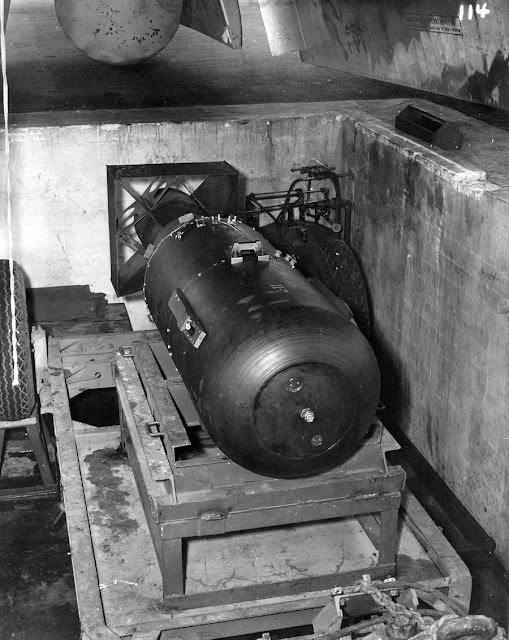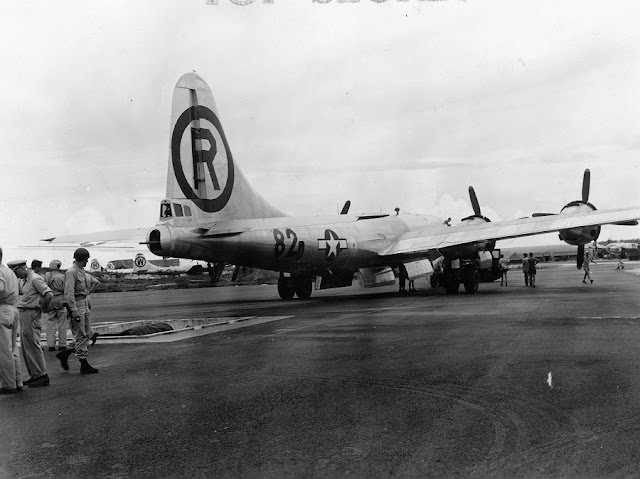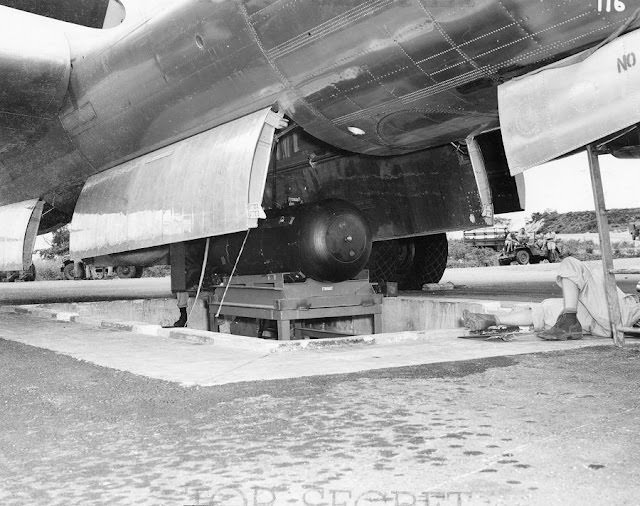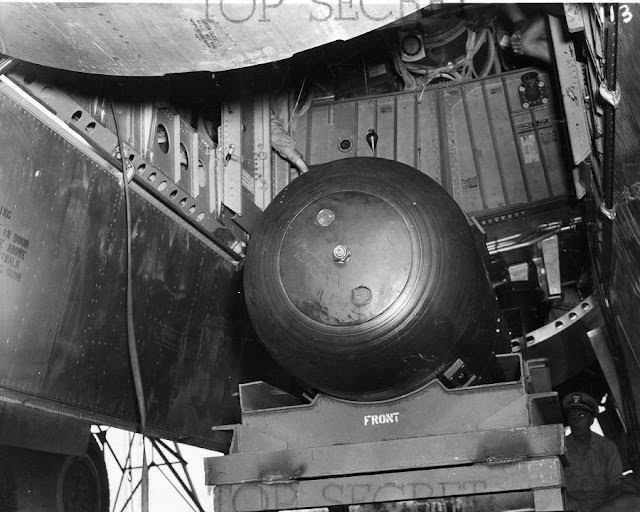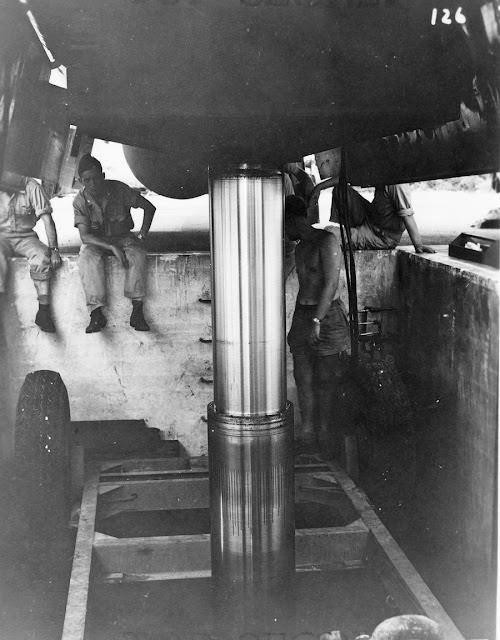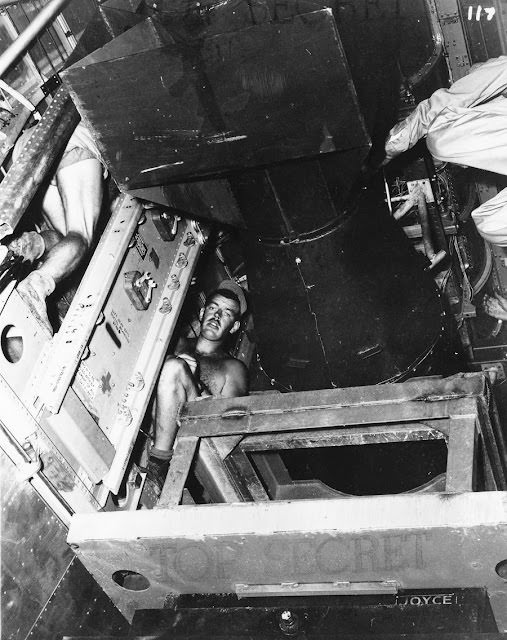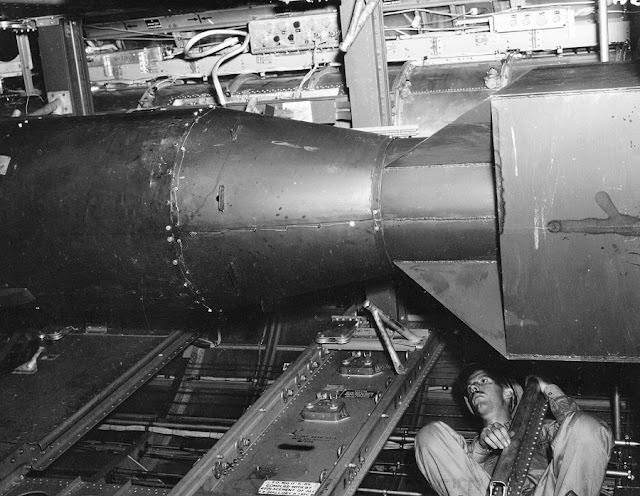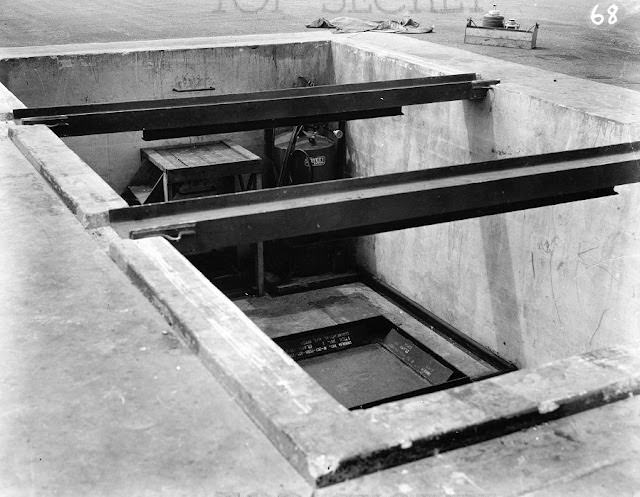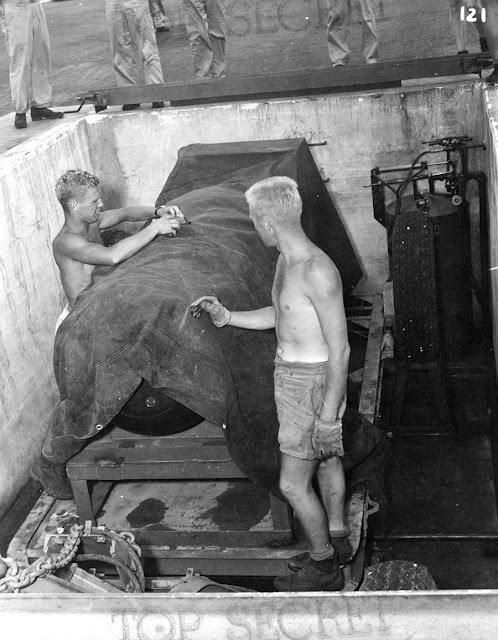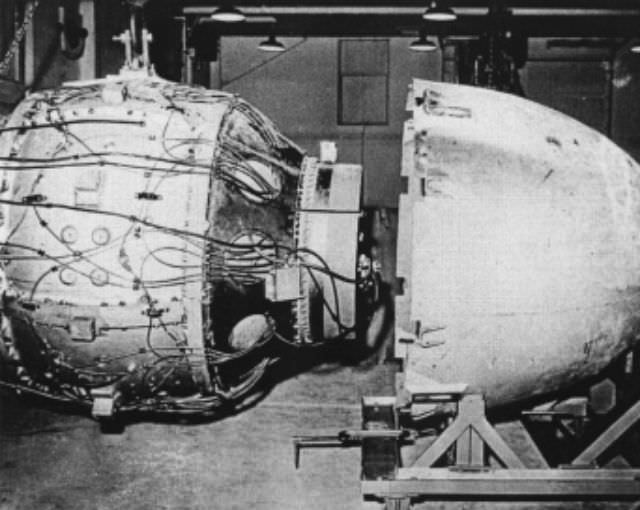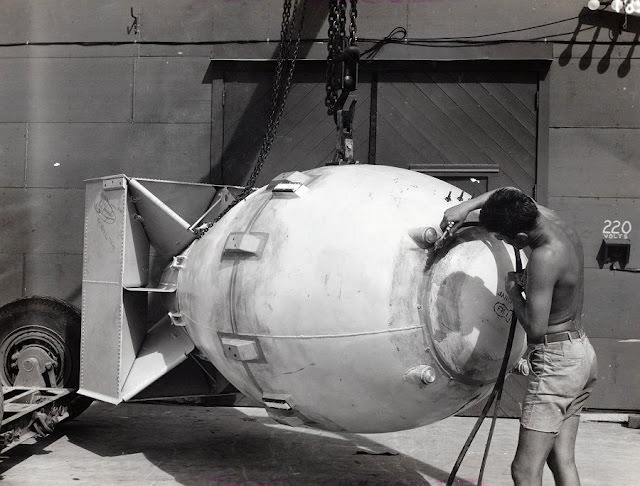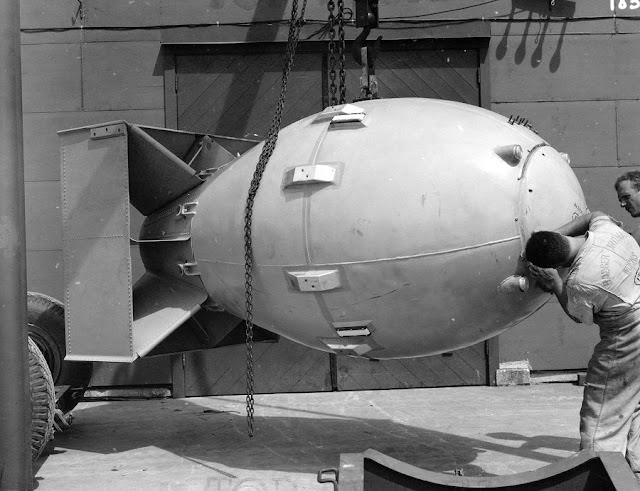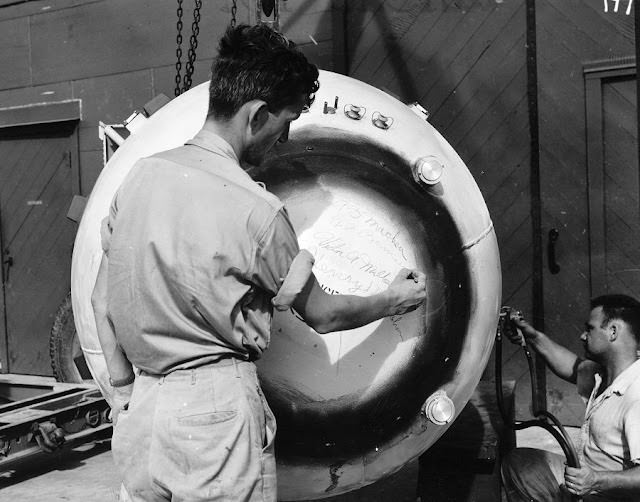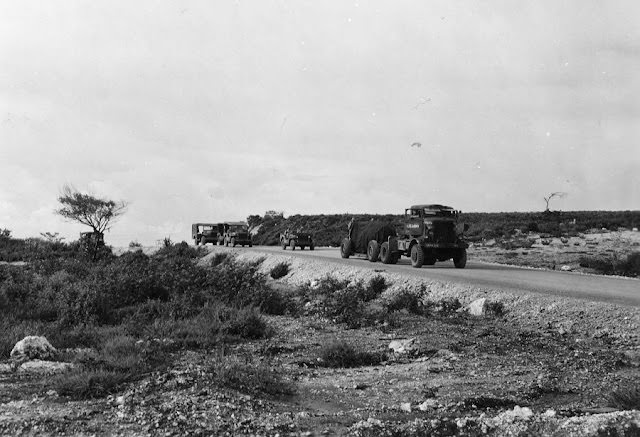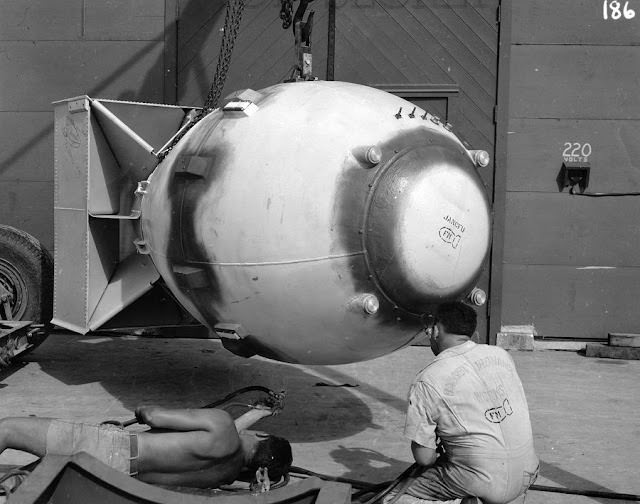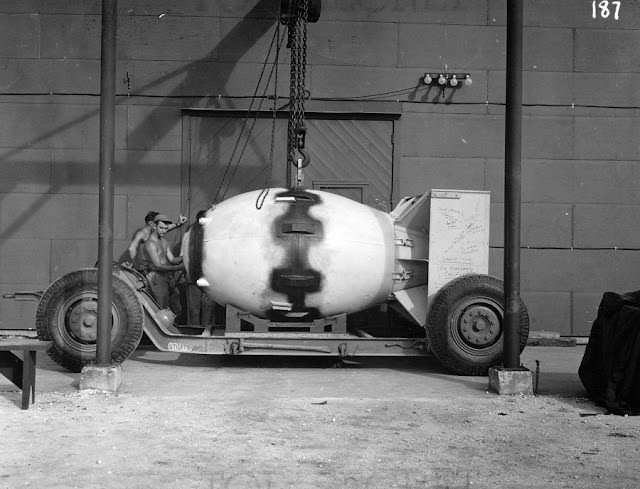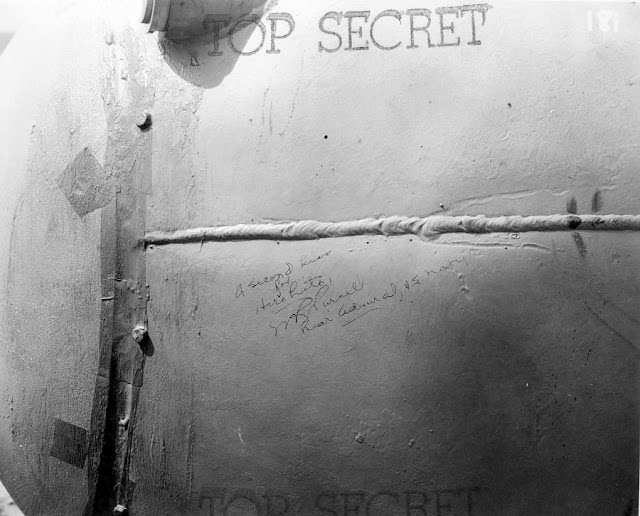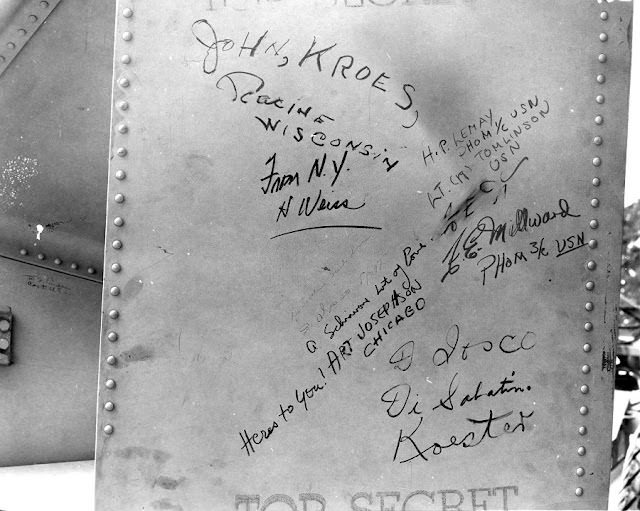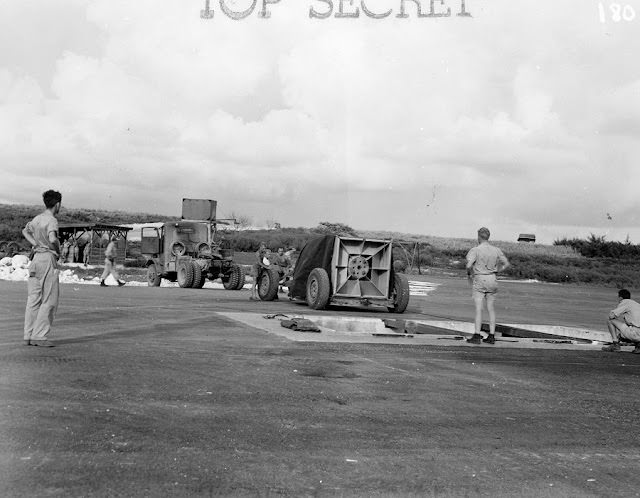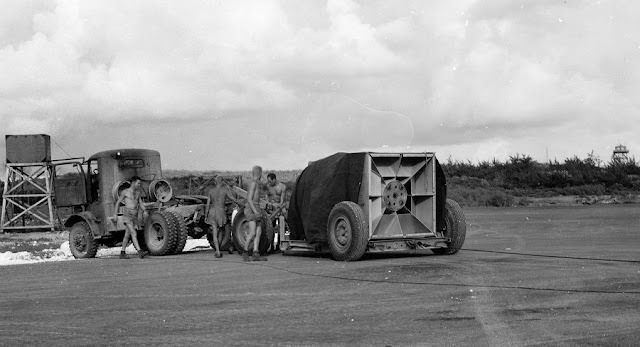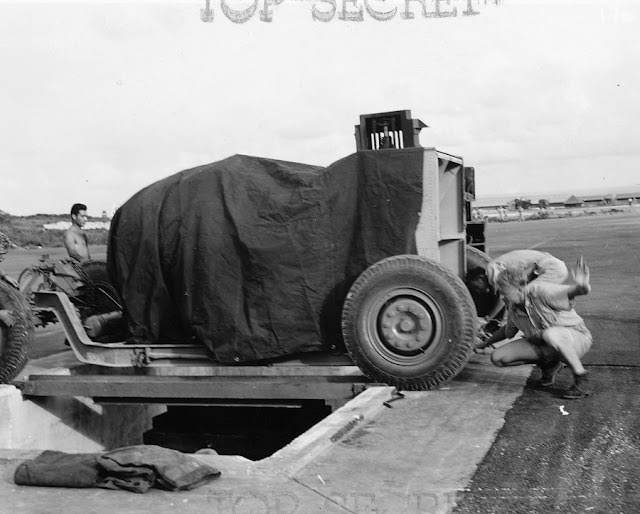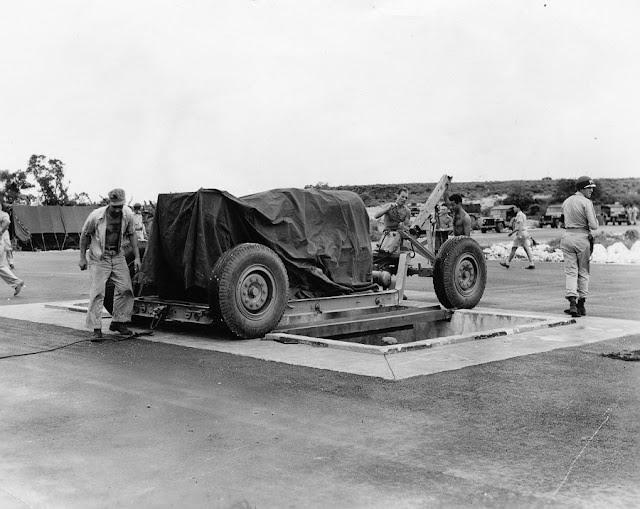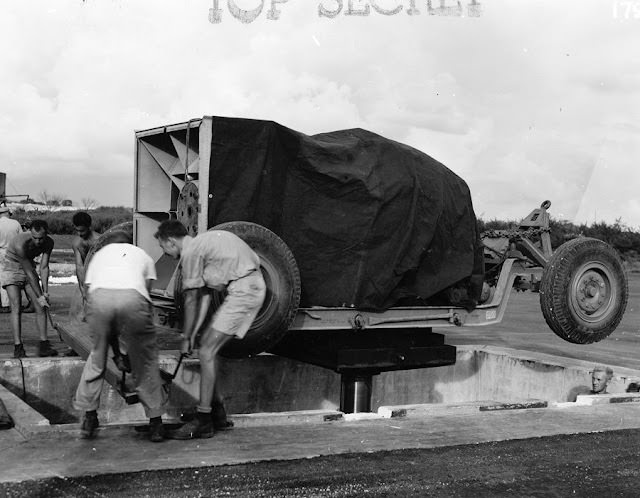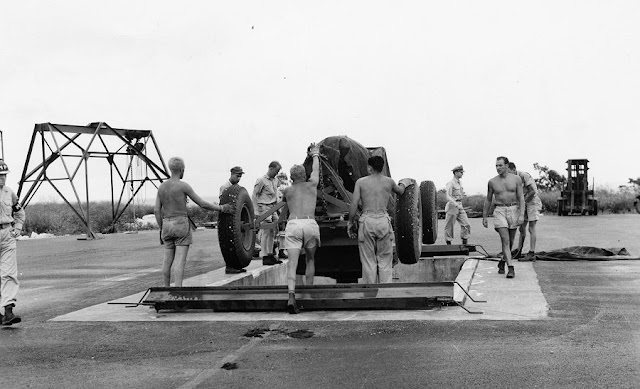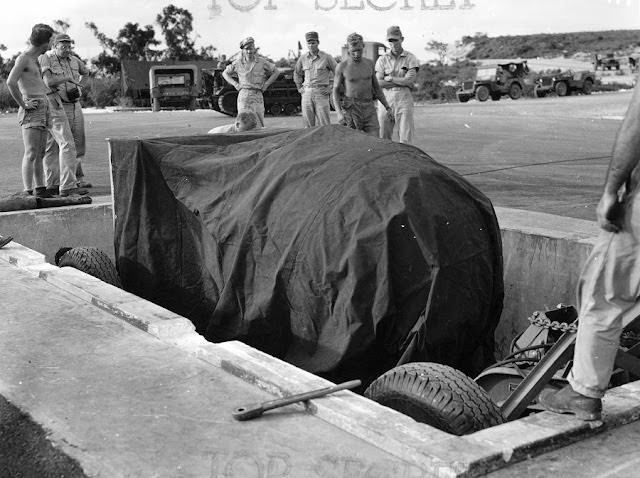August 1945 stands out as one of the most consequential periods in human history. The culmination of years of secretive research and development, meticulous planning, and international warfare led to a moment that would redefine conflict and global politics: the nuclear bombings of Hiroshima and Nagasaki. The story of how these events unfolded — and the preparations leading up to them — is as harrowing as it is enlightening.
The Genesis: The Manhattan Project
Years before the fateful bombings, the U.S. had initiated the Manhattan Project, a top-secret undertaking to develop nuclear weapons. Spearheaded by physicist J. Robert Oppenheimer and gathering many of the brightest minds, such as Richard Feynman and Enrico Fermi, the project aimed to ensure that the Allies had the ultimate weapon in hand.
With the war in Europe concluding in May 1945, focus shifted to the Pacific. The Allies issued the Potsdam Declaration, urging Japan’s surrender. However, amidst silent refusals and the impending Soviet declaration of war against Japan, U.S. leadership deemed a swift, impactful blow necessary.
Selection of the Target Cities
A special committee, including Secretary of War Henry L. Stimson and notable scientists, was tasked with selecting the target cities. Hiroshima, an important military hub, and Nagasaki, a major port, were chosen due to their strategic importance and limited prior damage from air raids, ensuring the bomb’s effects would be clearly observable.
The Flight and Delivery Preparations
As D-Day approached, crews trained rigorously on the B-29 Superfortress bombers. The mission, named *Silverplate*, required modifications to the aircraft to accommodate the massive weight and size of the atomic bombs, nicknamed “Little Boy” (for Hiroshima) and “Fat Man” (for Nagasaki).
While the technical preparations progressed, ethical debates raged behind closed doors. Numerous scientists and politicians grappled with the implications of using such a devastating weapon. However, the prevailing sentiment was that a rapid end to the war justified its use, potentially saving more lives in the long run by avoiding a protracted land invasion.
Final Decisions and Launch
As dawn broke on August 6, 1945, the hum of engines filled the air around Tinian Island. The B-29 bomber, named Enola Gay, began its fateful journey towards Hiroshima, its bay holding the ominous payload known as “Little Boy.” This uranium gun-type atomic bomb was a culmination of unprecedented scientific efforts and wartime urgency. Just three days after this harrowing mission, another B-29, Bockscar, took to the skies. Its destination: Nagasaki. Nestled within its confines was the “Fat Man,” a plutonium implosion-type bomb. These flights, laden with the most devastating weaponry of the era, were set to alter the course of history irrevocably.
The bombings of Hiroshima and Nagasaki resulted in the deaths of over 200,000 individuals, the majority being civilians. The events precipitated Japan’s surrender, marking the end of World War II. The extensive preparations leading up to these attacks and their subsequent fallout reshaped global geopolitics, initiated international arms races, and led to significant efforts for disarmament and peace.


